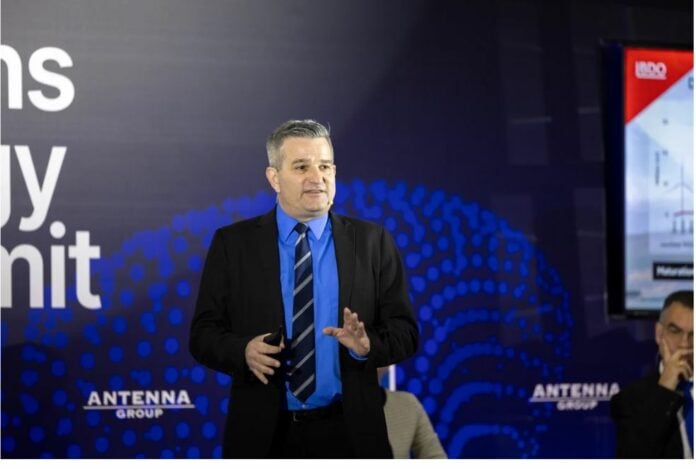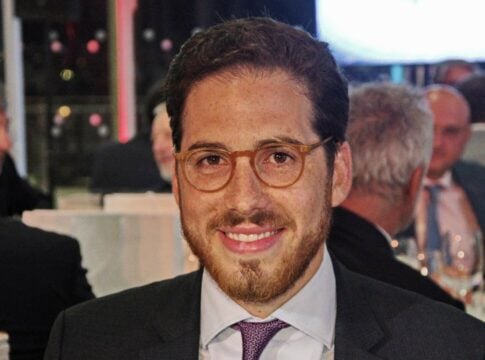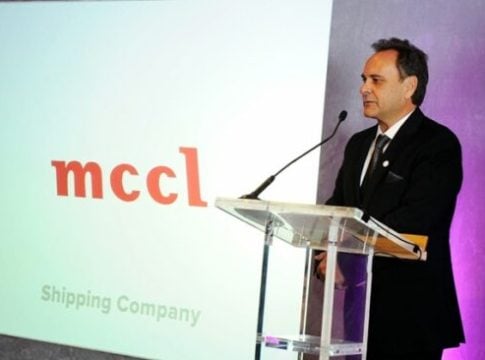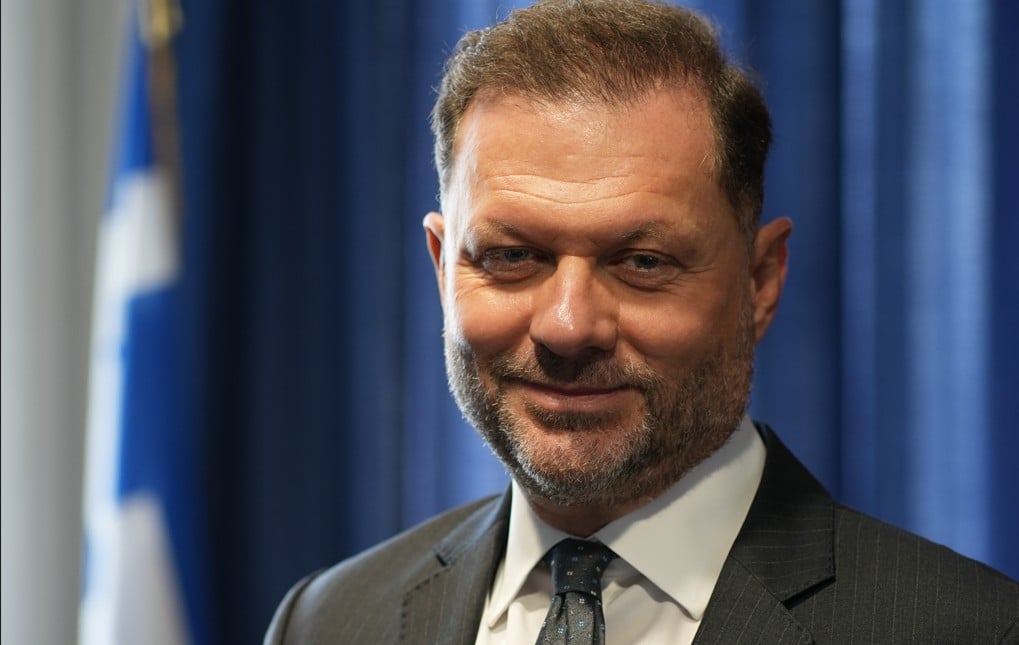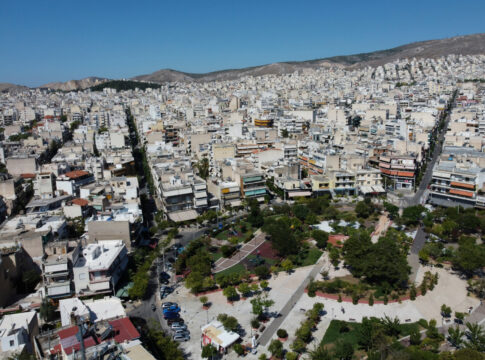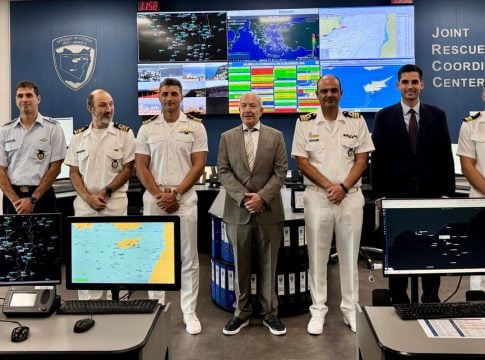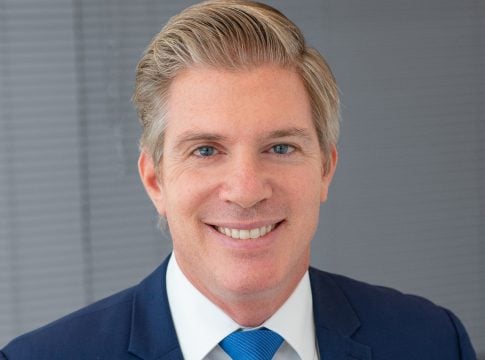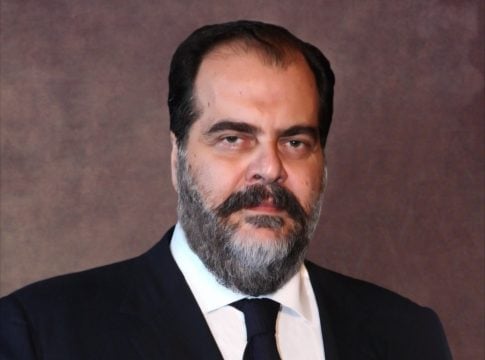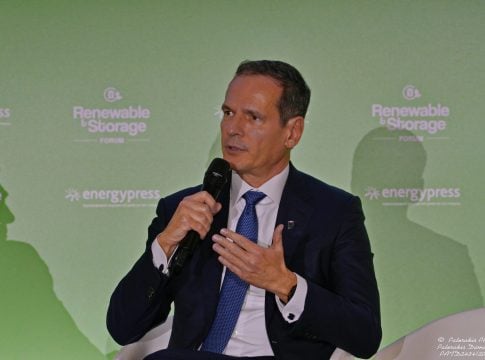The challenges and opportunities of offshore wind farms were at the center of the 14th Athens Energy Summit, with Chen Herzog, Chief Economist and Partner at BDO, sending the message that “we can learn from the lessons of oil and gas, which have moved from onshore to deepwater extraction, especially in the Mediterranean fields.”
In fact, Herzog reassured that the combination of the different energy sources of the Mediterranean (natural gas and offshore wind farms), mainly through the Great Sea Interconnector, EastMed Gas Pipeline and offshore RES projects, can cover the energy needs of the countries in the region and replace the energy that Europe imported from Russia.
An important factor is the lower cost of turbines, the development of technology and the availability of financial tools. “Regions like Italy and Greece have the greatest potential for offshore wind up to 20GW,” Herzog said. He admitted, however, that the difficulty of developing offshore wind is greater in the Mediterranean than in Northern Europe, where the sea is shallower and the winds are stronger.
Panagiotis Papastamatiou, CEO of the Hellenic Wind Energy Association, stressed the need for the Greek government to increase the resources it has at its disposal in the Hellenic Hydrocarbon and Energy Resources Management Company (HEREMA), underlining the obstacles and delays that Greece has experienced in the development of offshore wind energy.
He also estimated that the challenges for offshore wind energy presented at a global level can develop into an opportunity for Greece, since they will give it time “to close the gap and be ready to present sustainable investments and workable plans.”
Regarding the reactions of local communities, Papastamatiou said: “The reactions of local communities are common to all productive investments in Greece. Offshore will not be an exception. This means that the state needs to inform local communities. The majority must have correct information in order to support these projects.”


